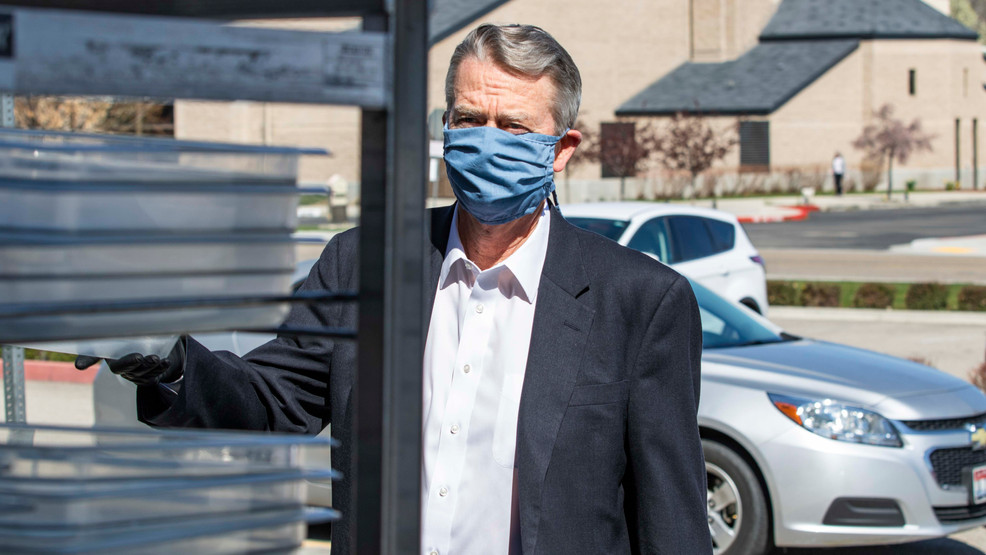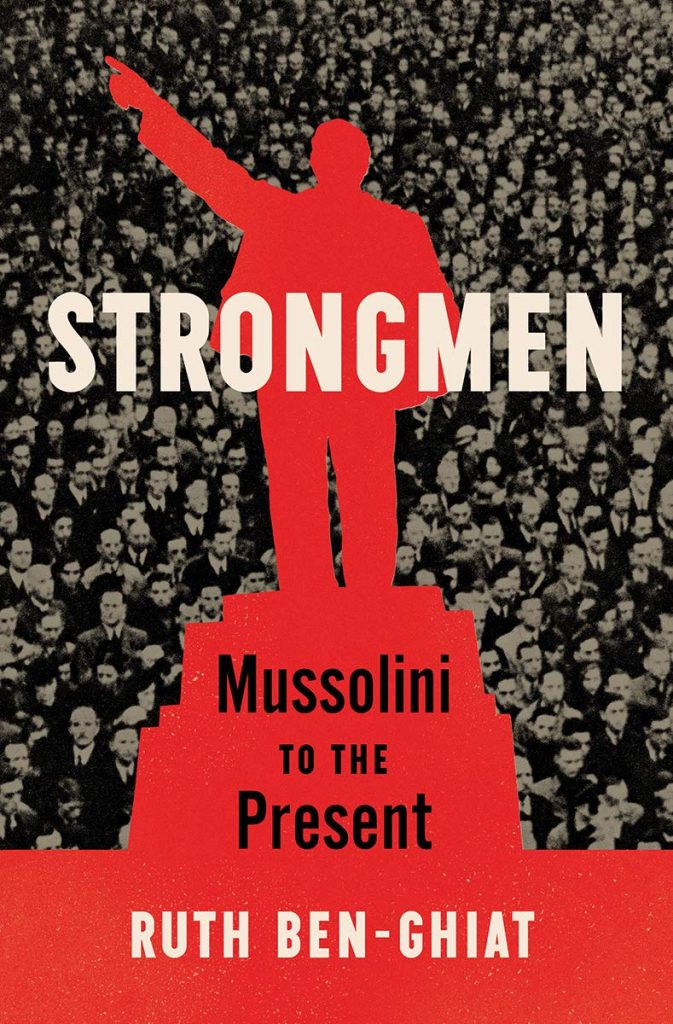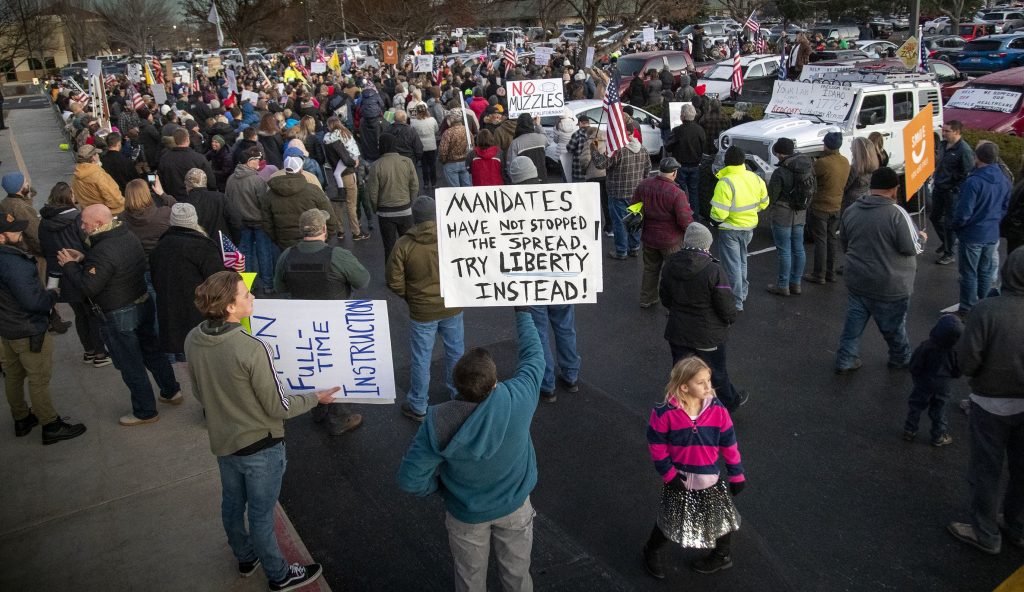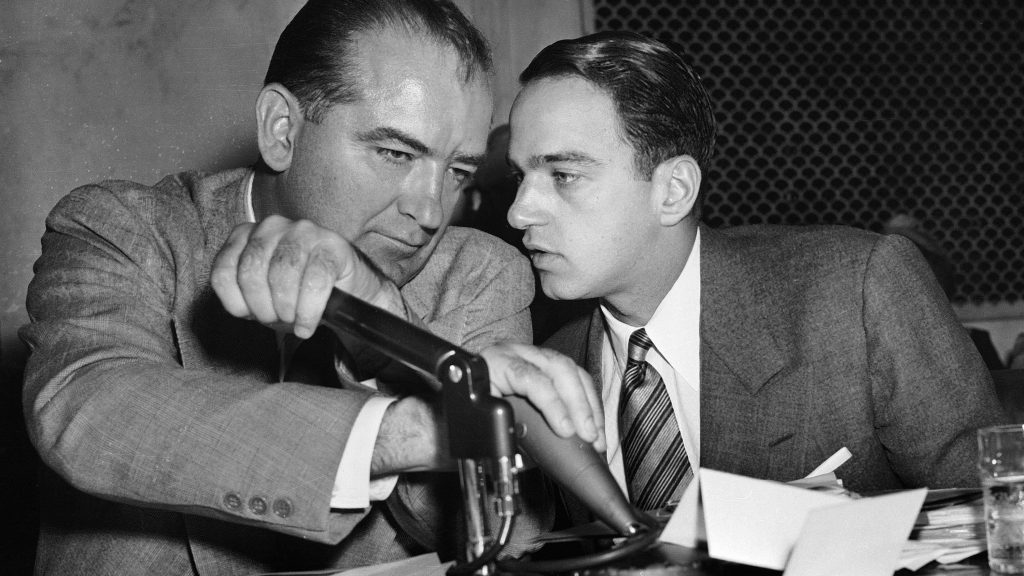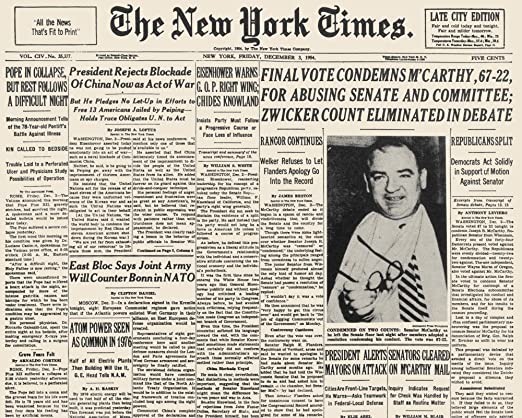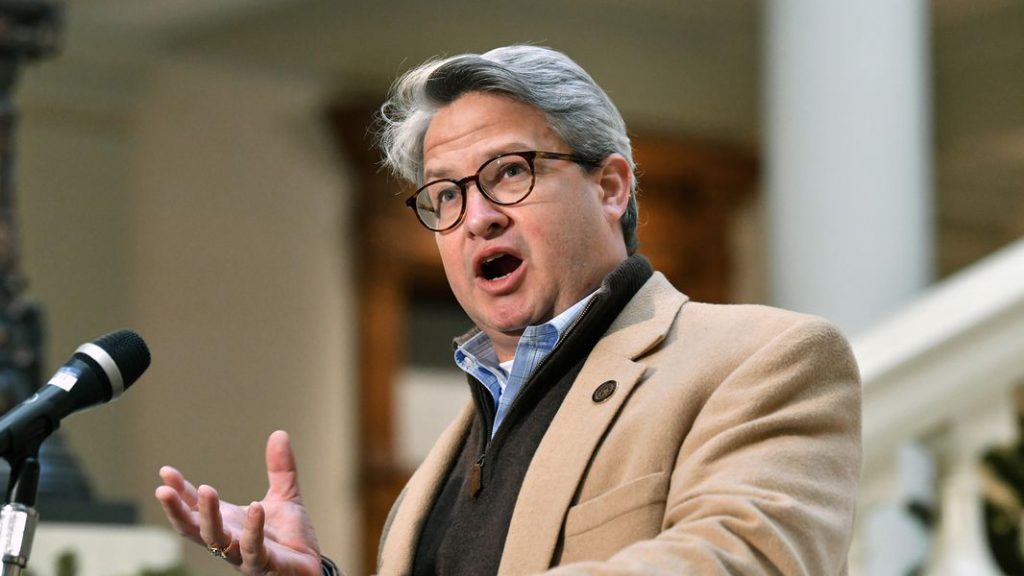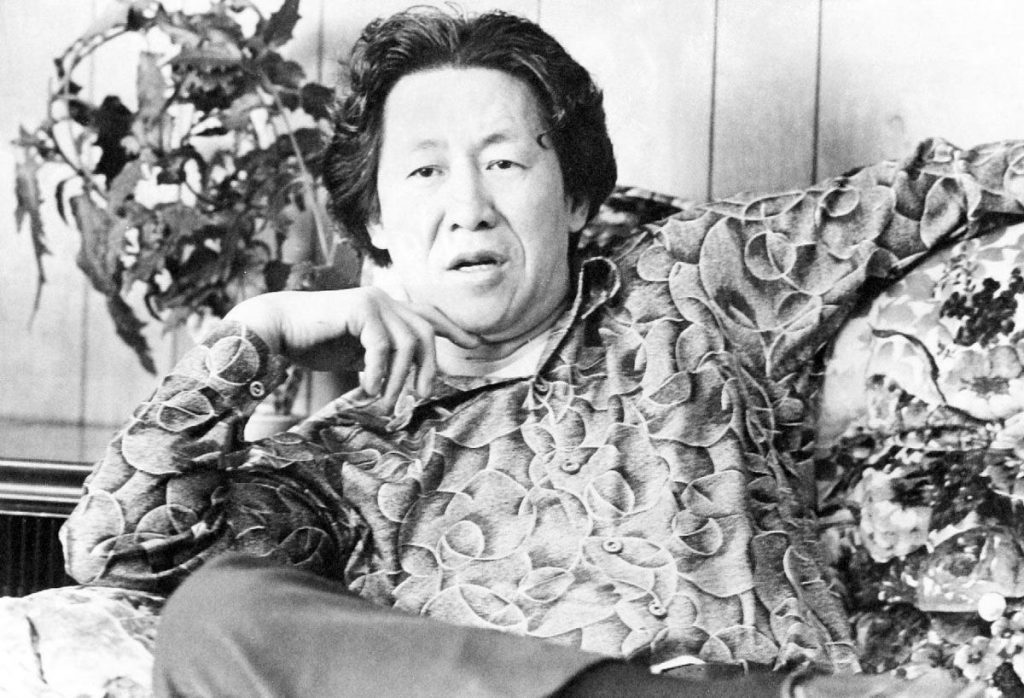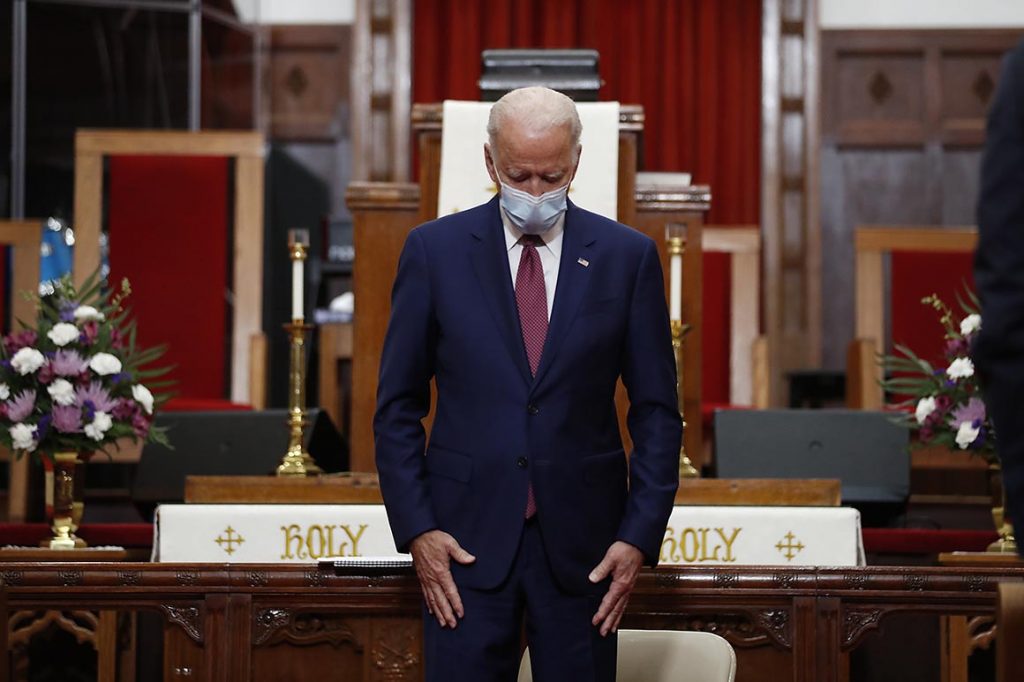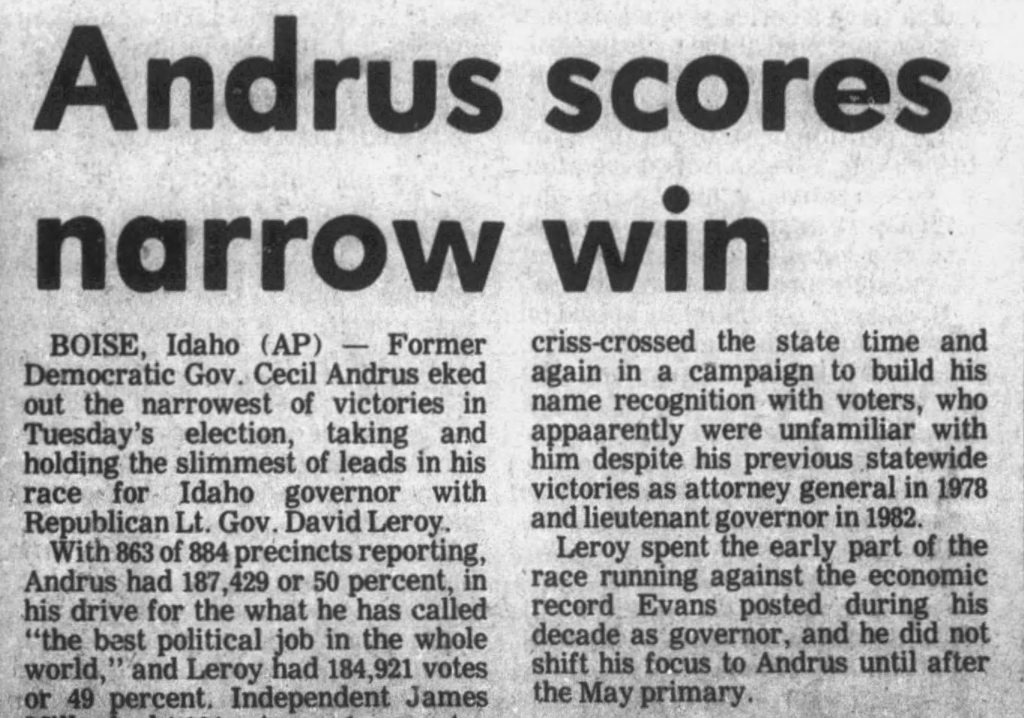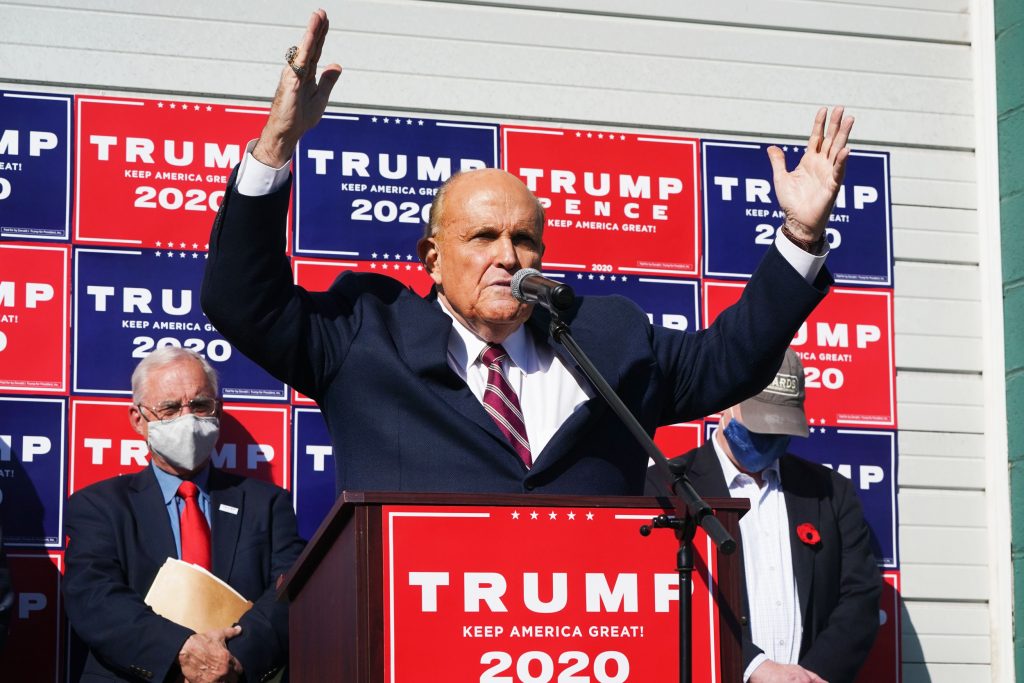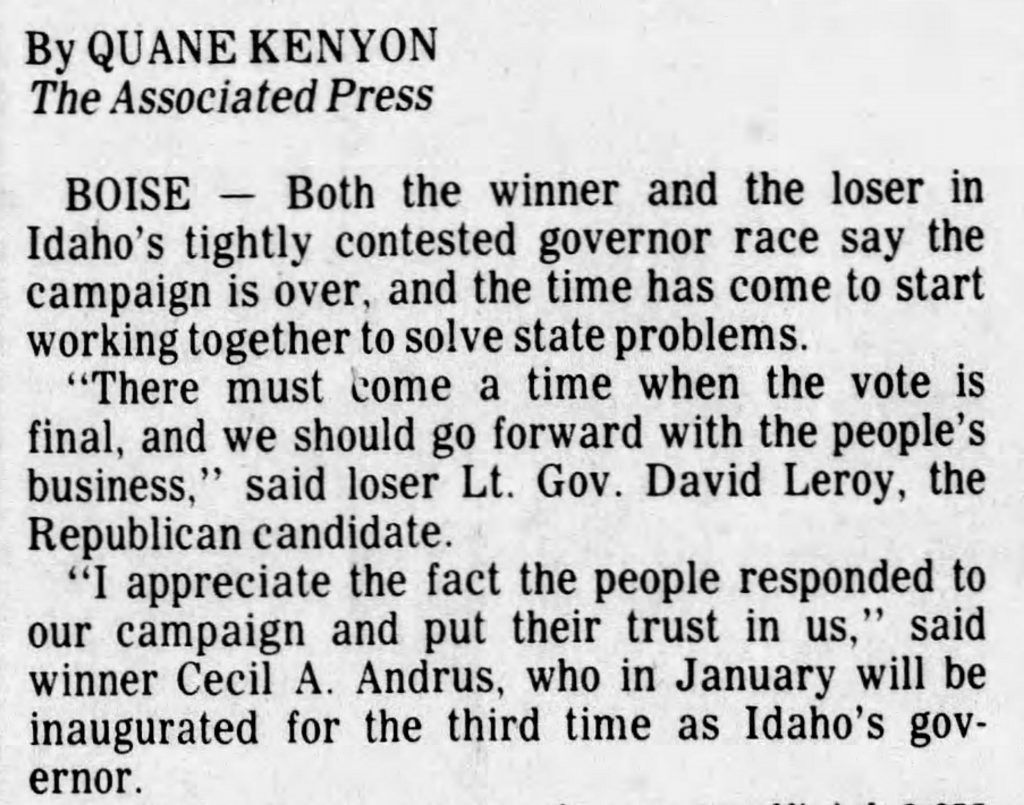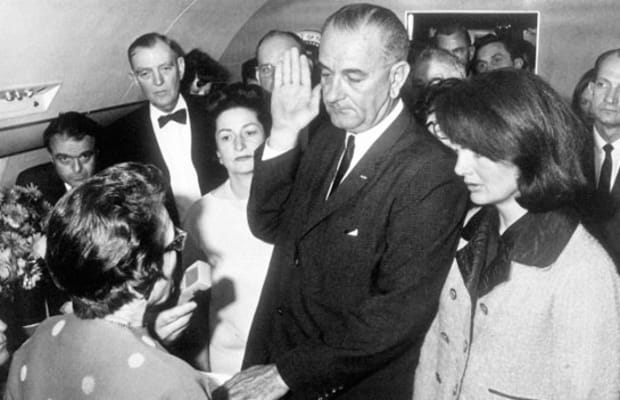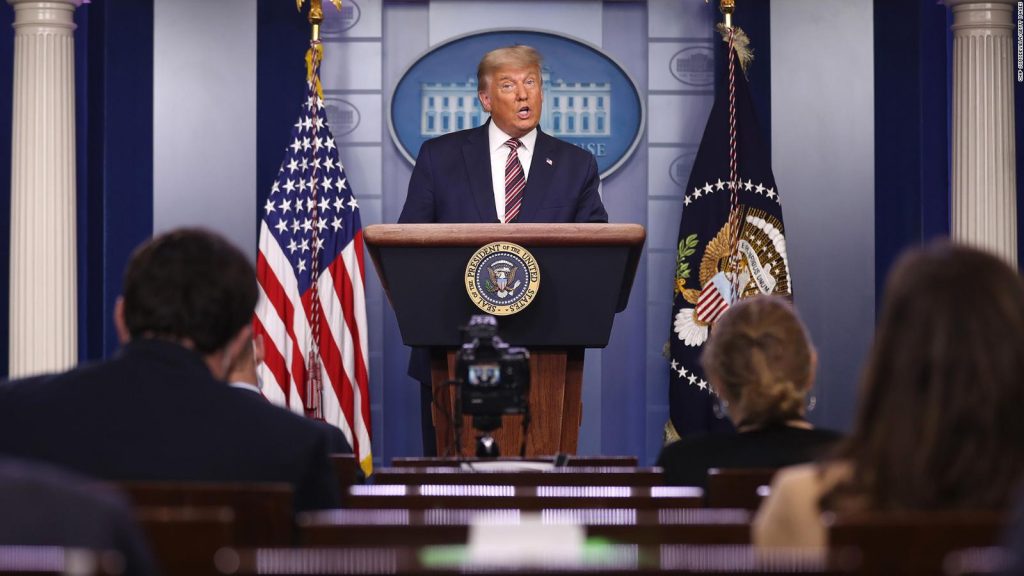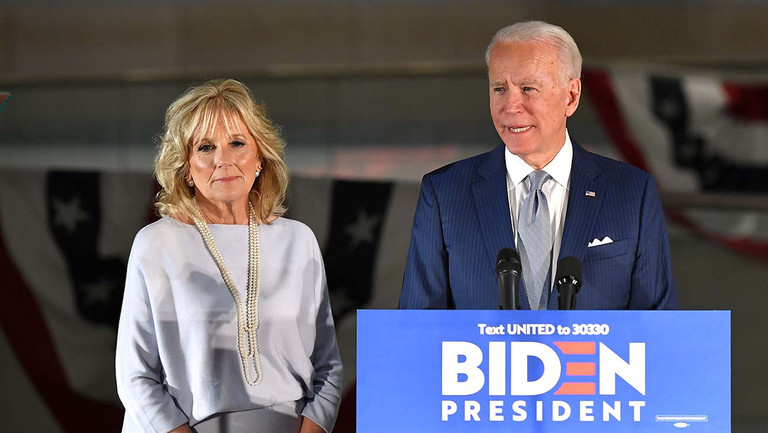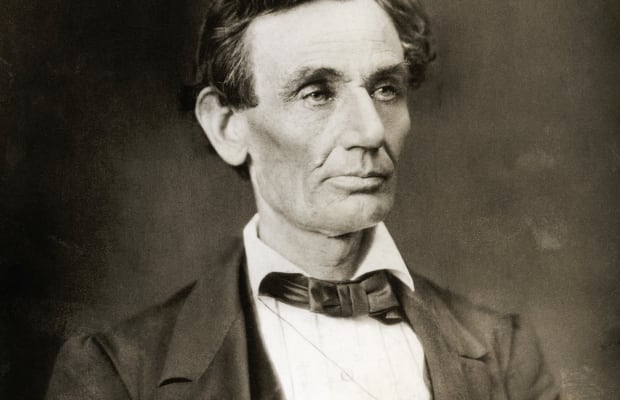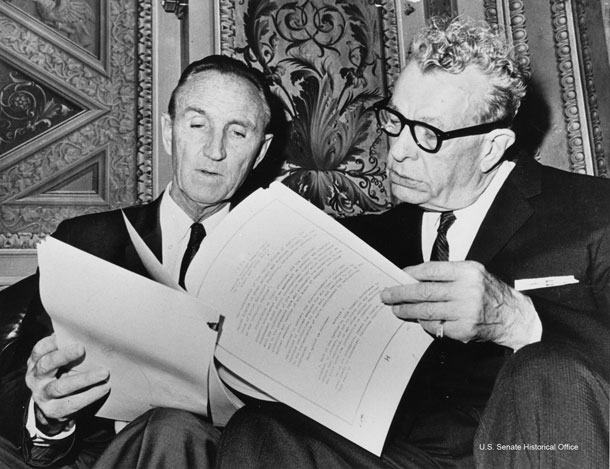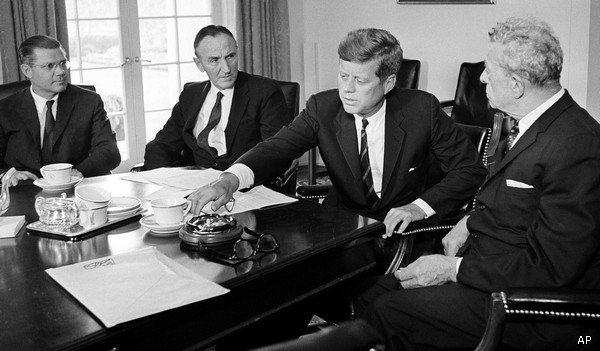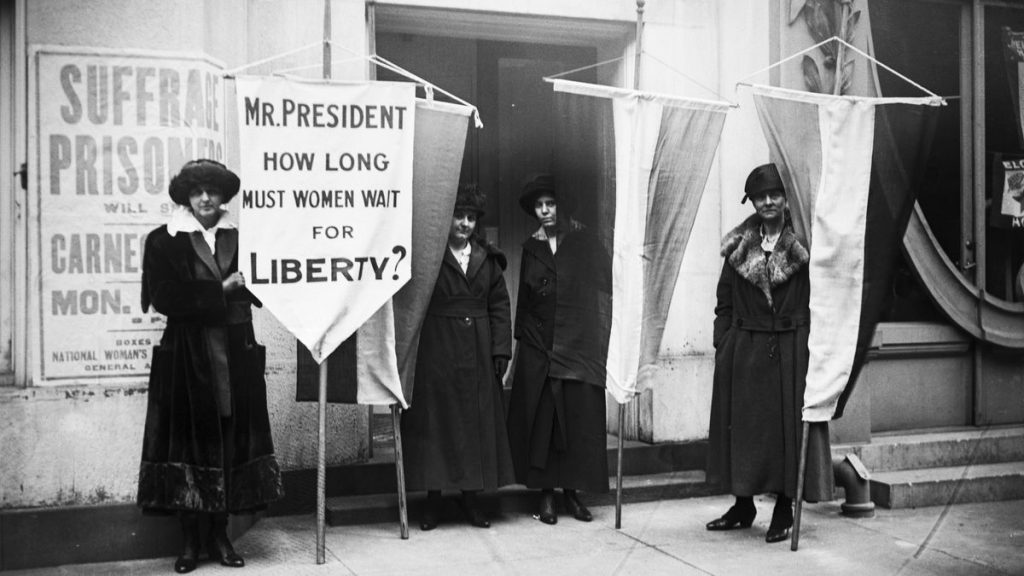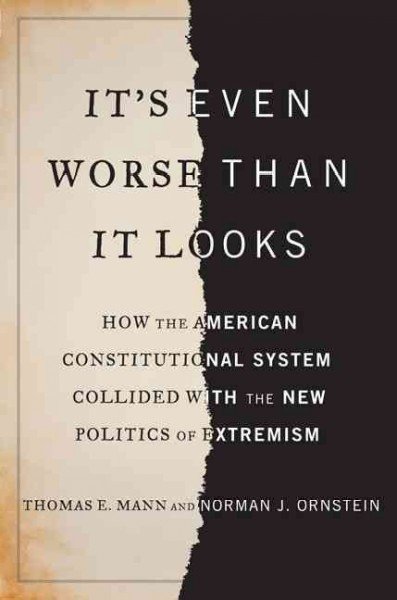After spending the first 40 years of his life in the wind-swept northwestern corner of Nebraska, my dad developed a few good lines about what winter was like in those parts.
He joked that an out of state visitor once asked, “What do you people do around here in the summertime?” Dad’s response: “Well, last year it came on a Sunday and we had a picnic and a ballgame.” One of his favorite lines became a favorite of mine: “You get used to the change of seasons – ten months of winter and two months of damn poor sledding.”

In her writings about the rough sandhill country along the upper Niobrara River, my dad’s home ground, Nebraska native Mari Sandoz equated winter with the end of things, that time “when dry snow fell like dandruff from a gray sky.” The long, dark days and nights before the green shoots of spring break ground led Sandoz’s homesteading father to drink too much and tolerate too little. Mari titled the last chapter of her memoir of her father – “winter.”
It is a damn good thing winter arrives in near proximity to Christmas. Without the opportunity to experience the season of hope and reflect on the prospects for a better future, facing the bleakest months might just make all of us as grumpy as old Mr. Potter was before George Bailey helped straighten him out.
What is there to say of the end of this awful, deadly, confounding year? How about good riddance?
When it comes to 2020, I’m reminded of the famous speech by the British politician Leo Amery in 1940. Amery delivered his remarks in an entirely different context, but the sentiment is spot on: “Depart, I say, and let us have done with you. In the name of God, go.”
The tired cynic in me has had enough of the crazy conspiracy politics of division of these interminable twelve months. My optimistic, hopeful self longs for reason, calm, caring and competence. My emphasis is on hope.
As the Reverend Henry Brougham – played by the elegant David Niven – reminds us every Christmas at the end of the wonderful 1947 film “The Bishop’s Wife,” we have this season of hope, after all, because “It’s his birthday we are celebrating.” And, as Henry says in his Christmas eve sermon, “Let us ask ourselves what he would wish for most … and then let each put in his share. Loving kindness, warm hearts and the stretched-out hand of tolerance. All the shining gifts that make peace on earth.”
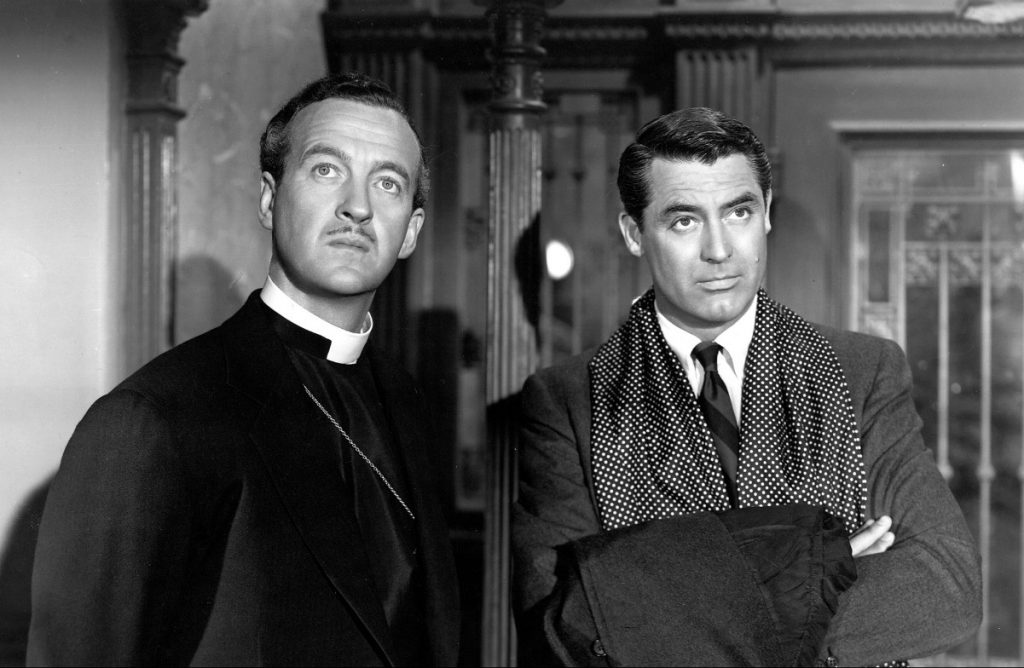
The American fabric is badly frayed as the awful 2020 comes to close. The fabric is in urgent need of repair. All the shining gifts are within our power to bestow. If any of us thinks the stitching up of our national fabric will happen without diligent work by each and every one of us, we’d be wrong.
All things, it is said, are political, but the best of things – the hopes for the future we each hold dear – are surely about more than politics. And it all begins with hope: “a feeling of expectation and desire for a certain thing to happen.”
There are certain things to wish for Peter Wehner wrote recently. “Honor, decency, courage, beauty, and truth. Tenderness, human empathy, and a sense of duty. A good society. And a commitment to human dignity. We need to teach others—in our individual relationships, in our classrooms and communities, in our book clubs and Bible studies, and in innumerable other settings—why those things are worthy of their attention, their loyalty, their love.”
Such things are also worthy of hope, our “expectation and desire” that a new year cannot provide the luxury of forgetting the awful year passing away but can renew our purpose and restore our faith that the future can be better than what we have had to endure. The heartbreak and despair of 2020 cannot and should not disappear, but with just enough determination we can make the new year a better year than the one we gladly leave behind.
“The year 2020 gave the world perspective,” Len DiSesa wrote in his letter to the editor of the New York Times this week. “We took so much for granted before the pandemic entered our lives: dining out whenever we wanted to; dropping in to see friends; hugging our relatives; traveling at will. It is part of the human condition to not appreciate something until it is taken away . . . We have all been stung by this disease, and many have suffered much more than others. But when it is eventually eradicated from the planet I hope we all remember how truly awful 2020 was, and acknowledge the perspective it gave us to appreciate what 2021 can bring.”
Indeed.
After the awfulness of 2020, America needs to unplug and restart, focusing on what really matters – our kids, grandkids, parents, grandparents, our friends, community, the basic decency and fairness that exists in your service club, at your local library, in the nurse who lives down the block and the kid who shovels snow.
“It has always seemed strange to me,” John Steinbeck wrote in his enduring classic Cannery Row. “The things we admire in men, kindness and generosity, openness, honesty, understanding, and feeling are the concomitants of failure in our system. And those traits we detest, sharpness, greed, acquisitiveness, meanness, egotism, and self-interest are the traits of success. And while men admire the quality of the first they love the produce of the second.”
So, the heck with selfish meanness. Enough with self-interest that divides. Let us celebrate the better things we can hope for in a new year, and accept the wisdom of Winston Churchill who said at Christmas 1941 – the end of another awful year – that Americans and their British cousins should embrace “the peace of the spirit in each cottage home and in every generous heart.”
Suspend the hum bugs. Winter is really just a prelude to spring. Look ahead to the picnic and the ball game. This season of hope is the dawn of better days. Extend the out-stretched hand of tolerance and seek the healing balm of hopefulness.
And, yes, God bless us, everyone.
—–0—–
Additional Reading:
Some additional reading suggestions you may find of interest…
Notre Dame
“Notre-Dame embodies France’s noble, tragic history, from St Louis trudging on bare feet, holding aloft the crown of thorns, to Napoleon’s vainglorious coronation and General de Gaulle dodging sniper fire to praise God for the liberation of Paris.
“When fire ravaged her on April 15th, 2019, the world, too, discovered how much it loved Notre-Dame. French officials were amazed by the sympathy and money that poured in. ‘She is not Notre-Dame de Paris but Notre-Dame of the World,’ says Olivier Latry, the cathedral’s organist.”

A great story from The Irish Times.
Science and the Humanities
Long time readers know that I have a passion for “the humanities,” the academic disciplines that encompass history, literature, language, philosophy – in other words the study and understanding of the human condition.
I really enjoyed this piece, in part, because I learned that the celebrated Dr. Anthony Fauci studied not only science, but the humanities.
“Although perhaps only recently a household name, Fauci is no Tony-come-lately. Over the past four decades he’s played prominent roles as a scientist, physician, administrator and spokesman. You know what he’s been up to over the past several months. But what of his previous nearly 80 years? And what made him the figure he has become?”
Read the whole thing from The Conversation.
Trump’s Pardons Make the Unimaginable Real
President Donald Trump issued more pardons yesterday. What next?
Tim Naftali write in The Atlantic:
“Will Trump be the first to test the constitutionality of a self-pardon, just as he has tested the limits of so many other constraints on presidential power? Precedent has never mattered to him. He has reportedly been asking aides about the possibility of a self-pardon since 2017. Unlike Nixon, he can’t even hope for a pardon from his immediate successor. But neither can he count on the Supreme Court to uphold a self-pardon; in summarily dismissing Trump’s effort to overturn the election, the justices reminded him that a president should not count on the support of his appointees.”
Who knows what a president without principles, shame or boundaries will do? We’re about to find out.
Read the full story and you’ll be ready if the outrage comes. I’m betting it will.
Be safe and I send to you and yours the best for the Christmas season and a better 2021.
Thanks as always for reading.

